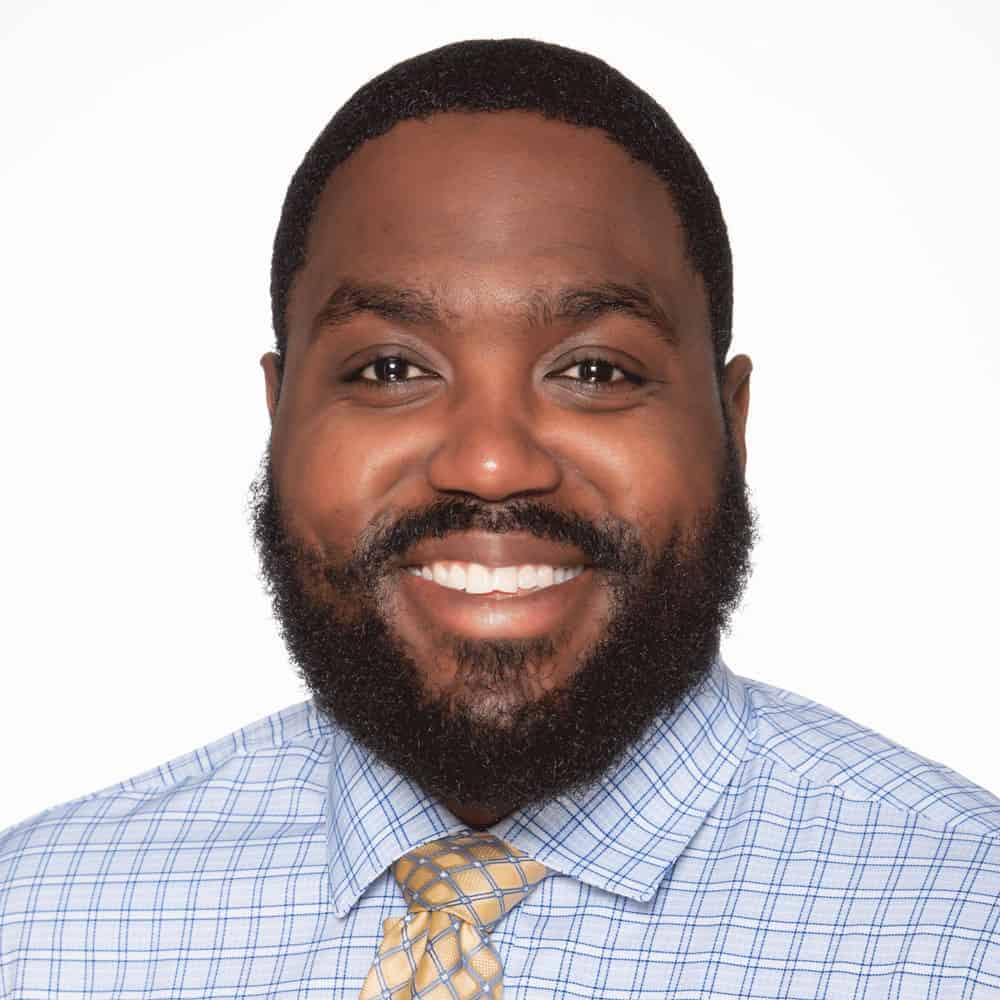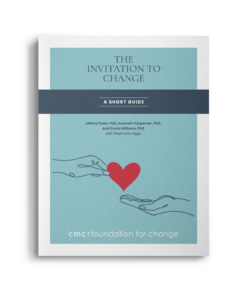INVITATION TO CHANGE WORKSHOP
for Professionals
A 16-hour workshop in the Invitation to Change Approach®, with BHARP Youth & Family Tree Project.
When
Sep 7th — 28th, 2022
9 a.m. — 1 p.m. EST
(see full schedule below)
Where
Online - Zoom
(info and link emailed upon registration)
Who
Professionals
Cost
Free
ITC Certification
Certificate of Completion
Continuing Edu.
None
Description
Join CMC:Foundation for Change and BHARP Youth & Family Tree Project in a 16-hour virtual training in the Invitation to Change (ITC) Approach, a compassionate and science-backed model for recovery support work.
CMC:FFC has spent the last 10 years working with families and developing a model, the Invitation to Change Approach, that pulls together a variety of evidence-based approaches (CRAFT, MI, and ACT). This approach offers families a set of down to earth, compassionate tools for navigating through the challenges of substance misuse.
We have spent enormous time working with families to make this approach as sensible, accessible, and straightforward as possible, and have found families to be deeply appreciative and moved by these ideas and practices. We are now delighted to invite a wider circle of professionals to learn to work simply and effectively with families and feel confident in providing them with evidence-based behavioral, motivational, and compassion-focused strategies.
The Invitation to Change Approach is grounded in compassion, connection, and the understanding that families can have a powerful helping impact on those struggling to change. The ITC Approach draws on evidence-based practices also found in Acceptance and Commitment Therapy (ACT), Motivational Interviewing (MI), and the Community Reinforcement and Family Training approach (CRAFT), as well as decades of clinical experience working with families and loved ones.
Built on the three pillars of Understanding, Awareness, and Action, the ITC first illuminates new perspectives on substance use and the process of change; next, it creates a foundation of self-awareness and willingness to engage with emotional pain. Finally, it emphasizes action, teaching communication and behavior skills to promote and support new behaviors in a person struggling with substance use.
This ITC workshop will give you useful evidence-based ways to understand your loved one’s behavior, so that you can use motivational and behavioral strategies to improve communication and promote change. You will learn skills to:
• Lessen the tension, conflict, and heated emotion in your relationship and household
• Allow yourself to be part of the change process and be taken care of on this journey
• Talk to your loved one in ways that improve collaboration and encourage change
• Respond more effectively both to the positive changes your loved one makes and to their less positive behaviors, while letting natural consequences play a role in motivating change
The ITC can help you take care of yourself while simultaneously staying engaged and practicing active strategies to invite and encourage change in your loved one, in yourself, in your family—and, if you’re inspired to share it, in your larger community.
This workshop takes place over the course of four 4-hour sessions. We will meet from 9 am – 1 pm EST on the following dates:
- September 7th, 2022
- September 14th, 2022
- September 21st, 2022
- September 28th, 2022
Full refunds are available up to 72 hours before the training. Please reach out to [email protected] with any questions.
Trainers
Jarell R.O. Myers, PhD is a clinical psychologist, licensed in both New York and Massachusetts, with training in cognitive-behavioral and dialectical behavioral approaches to treatment. He earned his doctorate in clinical psychology from Fairleigh Dickinson University and completed an APA-accredited internship at Mt. Sinai St. Luke’s Hospital on the child and adolescent track. In addition, Dr. Myers completed a two year postdoctoral fellowship in child and adolescent psychology at New York Presbyterian Hospital-Weill Cornell Medical Center in White Plains, New York where the focus was on treatment for anxiety. He used that experience at McLean Hospital in Cambridge, Massachusetts where he worked with children and adolescents diagnosed with Anxiety and Obsessive Compulsive Disorders in an intensive outpatient clinic. Dr. Myers has expertise in working with adolescents and young adults with comorbid anxiety and substance use disorders and adopts a harm reduction approach when appropriate.

Dr. Carpenter is a clinical psychologist and research scientist who has received federal and private foundation grant money for investigating the psychological, behavioral, and neurobiological factors associated with addictive behaviors and their treatment. He has over 20 years of experience developing, implementing, and evaluating evidence-based motivational and cognitive-behavioral strategies for facilitating important lifestyle changes and has held academic and research scientist positions at NY based Universities and state agencies. Dr. Carpenter has authored or co-authored over 70 journal articles and chapters on these topics including the The 20 Minute Guide, a workbook for people who have a loved one struggling with substance use, which can be read here: The 20 Minute Guide.

